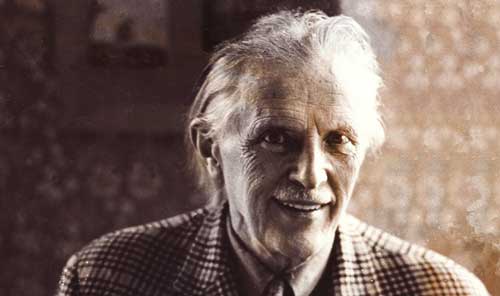UPCOMING SEMINARS
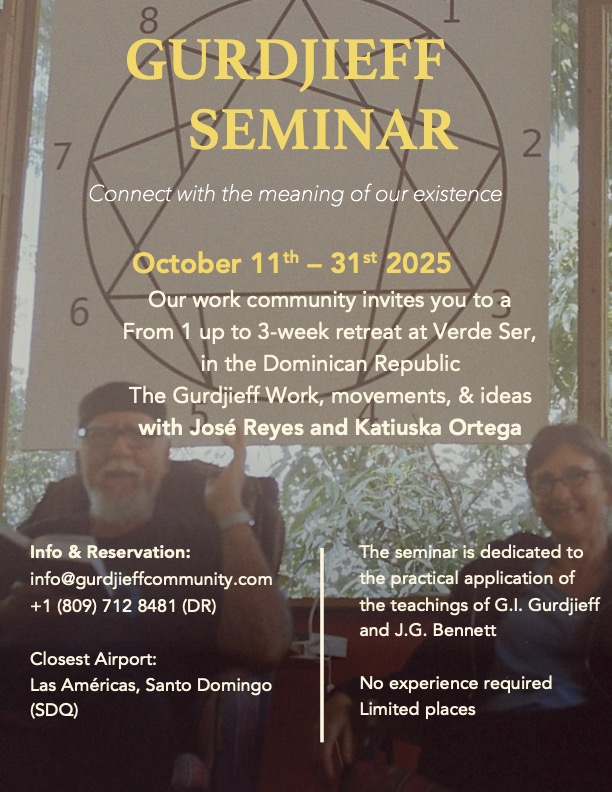
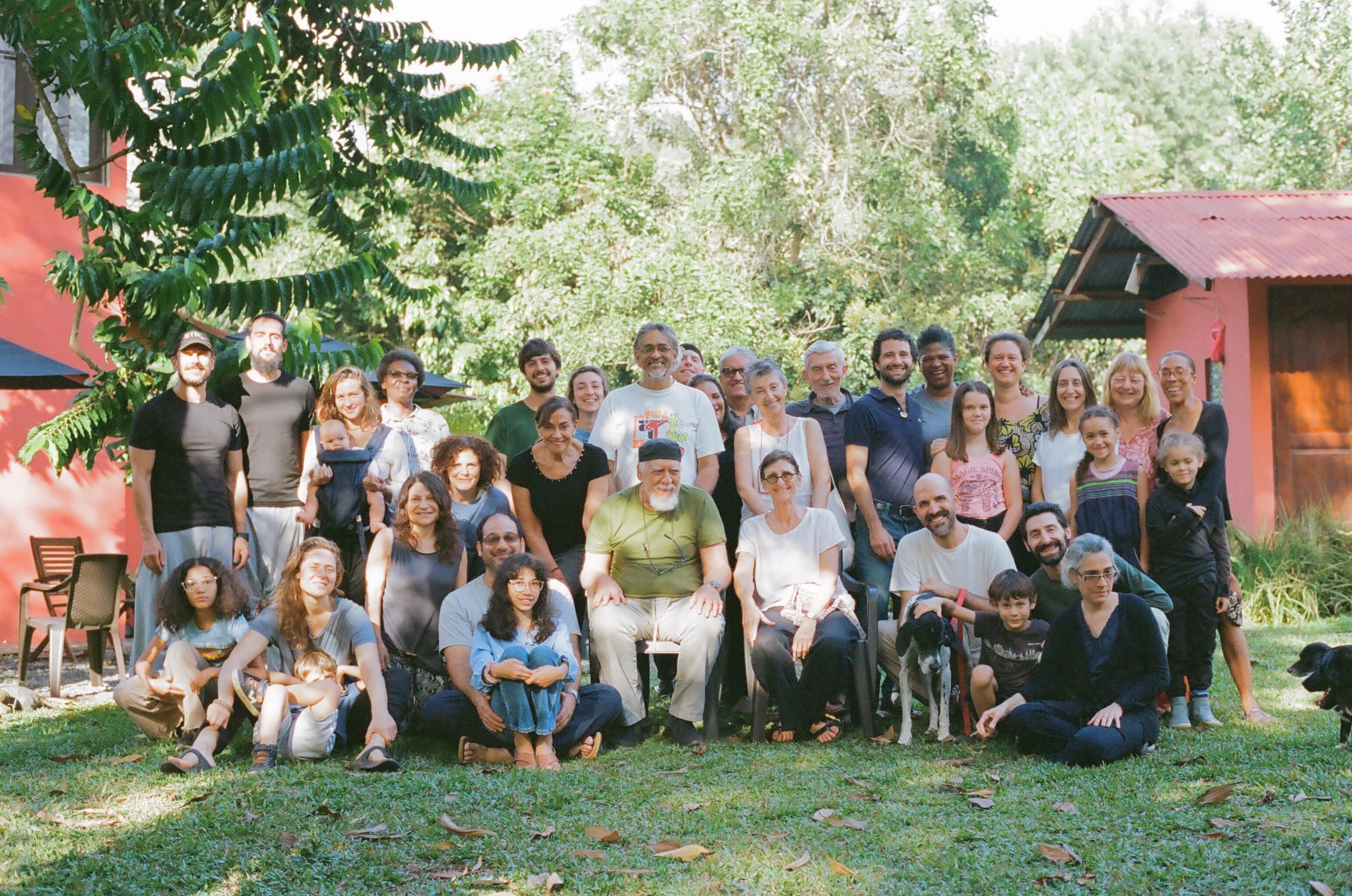
OUR COMMUNITY IS OPEN TO HOST SEEKERS
After more than 40 years of seminars and group work all around the world, we have officially started a Gurdjieff community in the Dominican Republic!
WHY ARE WE HERE?
We can all see the current state of humanity and the growing sense of dispersion. We feel the need to live, work, and connect together; to go deeper into understanding what it really means to be a human being. Understanding can’t happen alone. We need others in order to see clearly, to stay on the path, to grow, and to be a part of something much greater than ourselves. The light of the Work brings the possibility for human beings to live together in a different way, beyond egoism and personality.
GET MORE INFO OR VISIT
The Gurdjieff Work Community is open to host seekers who wish to Work on themselves and share this wonderful experience of being together. Our community is located at Verde Ser Casa Holistica, in the Dominican Republic. If you wish to participate during 2025, you can join us for a minimum of one week during one of these two periods:
THE JOY OF WORKING TOGETHER
"A new command I give you: Love one another." John 13, 34
LIVING AND WORKING ON OURSELVES TOGETHER
Working on oneself is a practical concept, not daydreaming. The invisible world can manifest itself in this material world through action. Every activity is important and is an opportunity to Work. These are our activities together:
MORNING EXERCISE
Each morning we sit together for 45 minutes to an hour and exercise our attention through a series of inner steps to connect our conscious with our subconscious. There are many morning exercises that were passed down to us from G.I. Gurdjieff and J.G. Bennett through Baraca.
READING - STUDIES
There are many books and writings on the 4th way, including books written by Gurdjieff himself. We pull from these to continue to refresh and look at what we are doing from different angles. Many evenings there are readings. And from time to time one is asked to study a particular theme and present what they understood.
PRACTICAL WORK
It’s of utmost importance to make efforts towards our inner life within normal daily situations so we train ourselves to be in contact with the spiritual world in any situation. Practical work is the time for us to see and act upon the needs of the community, and to do so consciously. This could be cooking, cleaning, baking bread, painting, gardening, constructing, fixing, and so on.
THEMES
We focus on one 4th way idea at a time. The theme that is chosen is paired with an exercise that we do several times during the day in order to go deeper. Just as the universe, there is an infinite depth to explore within our inner world.
MOVEMENTS (SACRED DANCES)
Gurdjieff introduced and taught Sacred Dances as a way for us to communicate ancient truth and knowledge. They were also created as a means to balance our body, emotions, and mind. Each movement has its distinct flavor and specific music composed for it. Through a series of unaccustomed postures and gestures taken together as a group, along with the music, there is an energy and understanding that comes from a deeper place than the just the mind. Through movements the hidden can manifest itself and new possibilities can come in.
ZIKR
A Sufi tradition done in a circle with chanting and songs revolving around the different names of God. This activity cleans the heart and helps to digest the impressions of the day. Zikr pairs well with the 4th way and is a perfect way to end a day of Work.
SHARING
Each person can help increase the understanding of the group. During the week, we have general meetings where we share observations about our experience of the day. Everyone can enter into these experiences and learn from them. This way of working unites the group and speeds up the learning process.
MEALS
We prepare, serve, and eat meals together as a group. The kitchen is a sacred place. It’s where life is transformed and prepared for the group to eat, in order to then be transformed into energy to continue working. The state of the people cooking enters into the food, so it’s important to work in the kitchen with joy and presence.
OUR TEACHERS
The Work of our community is guided by José Reyes and Katiuska Ortega.

Together they have been teaching Gurdjieff's Work, ideas and Movements for more than 40 years. During this time they have been guiding Work groups in the Dominican Republic and held seminars and conferences in Germany, Italy, Spain, France, Wales, Russia, the United States, Alaska, Mexico, and Puerto Rico.
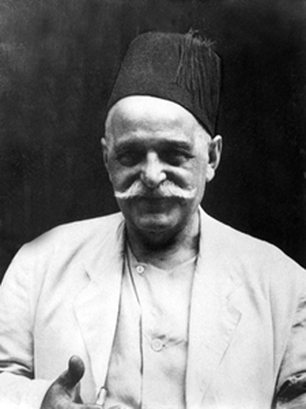
Georges Ivanovič Gurdjieff (1872 (?) - 1949)
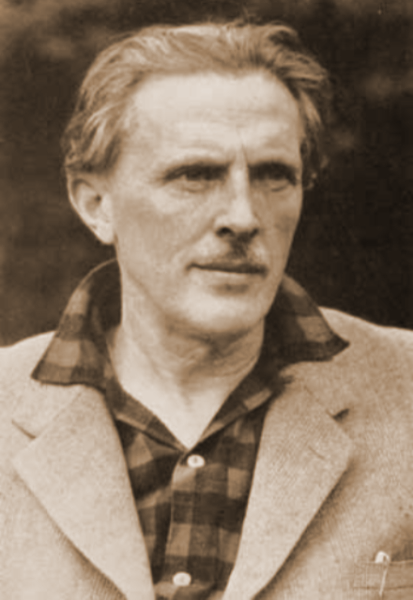
John Godolphin Bennett (1897 - 1974)
Bennett’s life purpose was to integrate the understanding he acquired from spiritual traditions, mathematics, and science into a comprehensive system.
During his youth, a significant experience led him to a profound quest concerning life and human existence. While serving in the British army, "in March 1918 he was almost fatally injured and invalided back to England. While lying more dead than alive following his injury, he experienced an out-of-body sensation that later proved to be one of the great turning points of his life” and set him on the path to yearn to understand the meaning and significance of human life.
After the war while working in Turkey in Anglo-Turkish relations, he first met Gurdjieff in 1923, whom gave him many new ideas and inspirations about the possibility of man’s transformation. Years later, after having left Turkey, he lived for 3-months Gurdjieff's Institute for the Harmonious Development of Man. This visit proved to him the soundness of Gurdjieff’s teaching and that Gurdjieff indeed had something beyond what anyone else could offer regarding knowledge and techniques to further man’s development.
After this, he jumped fully into Gurdjieff’s system and techniques. While he was living and working in London, he studied with another student of Gurdjieff, Ouspensky, for about 15 years. He then left Ouspensky’s group and went deeper into his own personal search in Coombe Springs, a property that he purchase in England, dedicated to spiritual work. There with a number of renown thinkers and scientists he wrote his magnum opus, The Dramatic Universe; a 4-book series written to bridge the gap between science, philosophy, and spirituality. In 1948 Bennett would meet Gurdjieff again after finding out he was still alive in Paris after the Nazi occupation. Bennett visited Gurdjieff many times and worked with him closely over the 18 months before he died.
After Gurdjieff’s death, Bennett continued to practice, teach, and write about the 4th way, although he never stopped seeking and being open to incorporate other teachings. In 1956, Bennett was introduced to Subud, a devotional practice founded by the Indonesian Muhammad Subuh. For two years, he immersed himself deeply in Subud, bringing many of his students into this practice. Later, disillusioned with Subud, he met a group of Benedictine monks and converted to Catholicism. He also met and worked with a great Hindu sage, the Shivapuri Baba, who touched him and helped him make some final steps in his transformation. Bennett met Shivapuri Baba in 1961, and 1962 and the Baba encharged him to write about his life and ideas, then he died soon after their last meeting; he was 136 years old. After that, in the 1960s, Bennett decided to let go of his attachments and unconditionally donated the entire Coombe Springs property to Idries Shah, an author and teacher in the Sufi tradition.
In Bennett’s last years, he inaugurated the International Academy for Continuous Education in the village of Sherborne, England. There he led four 9-month courses centered around the Gurdjieff work. This was offered to hundreds of people from all around the world to make a sturdy foundation for their further inner development.
Bennett died in 1974 at Sherborne during a course. Before he died he had also purchased a property in the US in West Virginia in Claymont to further what he had started at Sherborne. Many 9-months courses were also completed there after Bennet’s death under the direction of Pierre Elliot, who himself was a student of Gurdjieff and Bennett.
J. G. Bennett had a supreme will power and when he wished to do something, he went to the limit. He also had a great heart and affected countless of people who worked with him and changed the course of their lives.
WHAT DOES IT MEAN TO WORK ON ONESELF?
As light is composed by a whole spectrum of colors, there are different aspects of Working on oneself. Some of them are related to myself as an individual, others to the community or society as the mutual connection between human beings, and others to the greater forces beyond. J.G. Bennet - disciple of Gurdjieff - unfolded the Work into seven lines or aspects that constitute the whole.
1. ASSIMILATION
"We are told "man is asleep". Perhaps we form some picture of this. It is all useless unless we find out what this phrase means and verify it for ourselves. No-one can do this for us. We have to be more firmly empirical than the most rigorous of scientists in gaining understanding.
2. STRUGGLE
"Through the first line of Work We can discover various ways in which we deceive ourselves. We can know our weaknesses. All of this leads to nothing unless we do something about it. If we rest content with knowledge about these things we will not change.
Struggling with our weaknesses is the essence of work on ourselves. It is this struggle that provides the energy that will feed our being."
3. SERVICE
"The essential feature of this line of work is that we give up part of our life to something outside of us for which we have undertaken responsibility. Every time we use a tool we have the obligation to clean and return it to its proper place. The tool cannot do this for itself. Such work concerns the maintenance of order in our human environment which requires some people to be alert and committed to restore what has been eroded by human activity and the course of time. In such a simple undertaking there is something of the 'thankless task' quality that characterises this line of work.
4. MANIFESTATION
"The Work manifests itself. We can recognise this if we have learned to be able to see that we have neither done anything nor have we consented to something being done in us.
We have an extraordinary role to play. The Work needs to manifest the hidden; the spiritual world requires a vehicle and instrument through which it can work in this world.In so far as we can get out of the way, we can be used. We must cease to be there as something separate."
5. RECEPTIVITY
"THE FIFTH LINE OF WORK has to do with being able to receive help. Why should receiving help be considered as work? The very first thing that the Sufi master says to an applicant for his teaching is, "Will you let yourself be taught?" No one can be helped against their will, it cannot come in that way; and help can come only if we accept it on the terms it can be given and not on the terms we would like to make.
6. SUBMISSION
"Each of us has his own Master within, which is personal or individualised. The Master is beyond the mind. We have to find the right attitude to him: are we ready to obey his authority, will we consent to what he brings into us? It is only with our consent that our real I can work in us. The ultimate barrier to the sixth line of work is our own egoism. We can concentrate and build up such a strong image of our own separate reality that it occupies our centre. Egoism is the usurper of the place of our true Master. Where there is egoism, the Master withdraws into the purely spiritual world and we have no contact with him."
7. ACCEPTANCE - PURITY
"In the seventh line of work we receive help which we do not know how to ask for nor even how to dispose ourselves to receive. We can do nothing to earn this help. In essence, it is grace. This is not something remote. There is a spiritual action which pervades the whole world and we can come under it without any cause either in our own action or in events outside of us. Without this grace, nothing would be possible for us.
The key experience we have of grace, though all too often not understood in the right way, is that of waking up. Consciousness comes into us. One moment we are asleep and the next we are awake. "Whereas I was blind, now I see, "said St. Paul. The word "acceptance" that we have chosen for this line of work means that our role is simply to accept what has come about in us. When it goes, it goes. Attempts to hang on to the content of the experience distort and make it difficult for the action to do its work in us. Purity of heart is the condition asked for. This purity is a realization of our nothingness. It is a very concrete and specific realization: it is not despair, nor does it free us of the obligation to work."
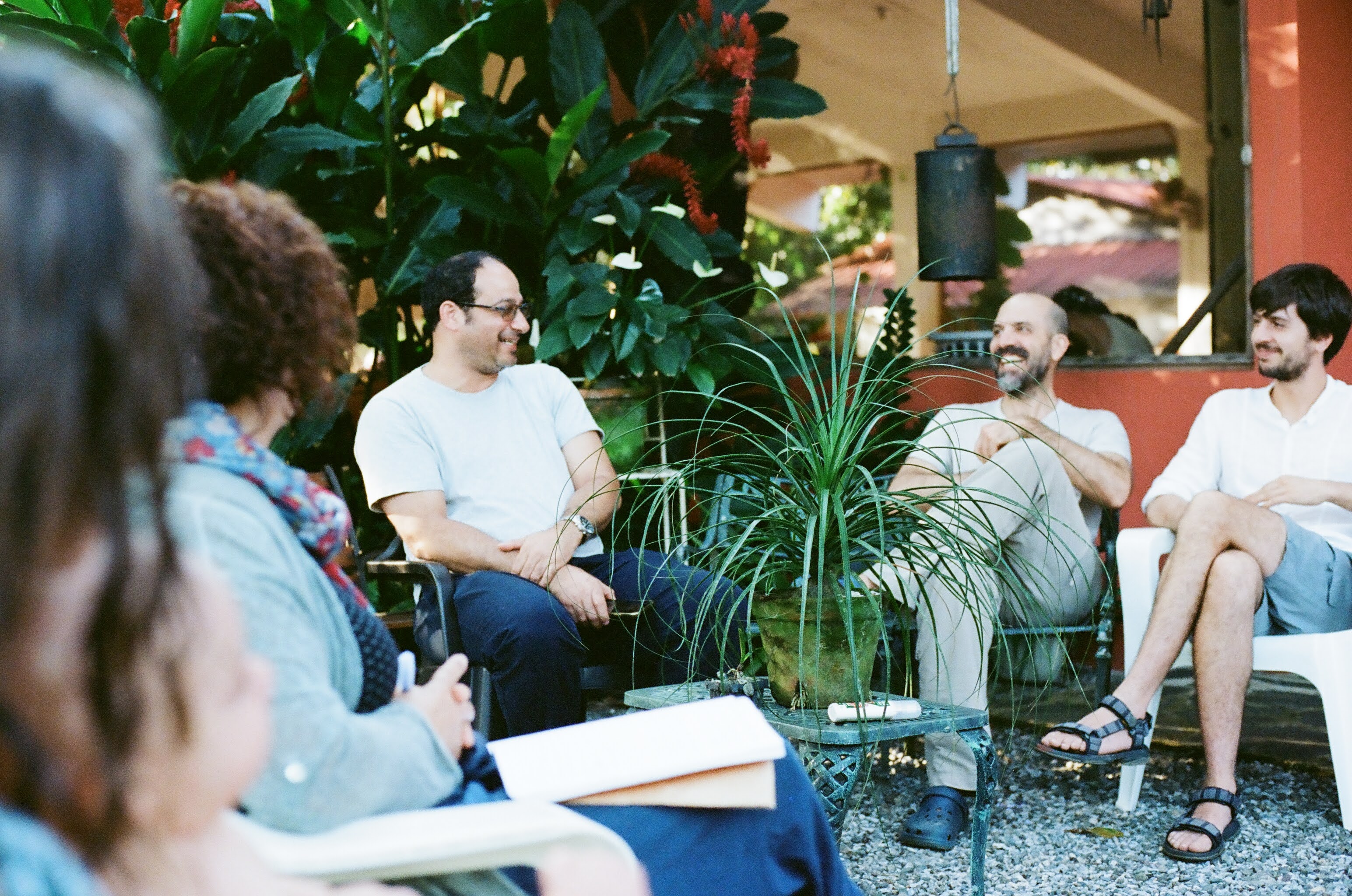
SUPPORT THE COMMUNITY
Any funding helps this endeavor, both to maintain the property and to continue to keep the cost of participation very affordable. We are not looking to make a profit. We only wish to keep the possibility alive to all who wish to join us. And share this page with anyone who you think might be interested. Thank you very much for supporting!
